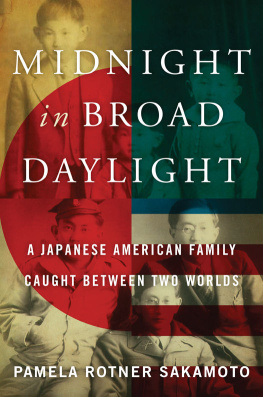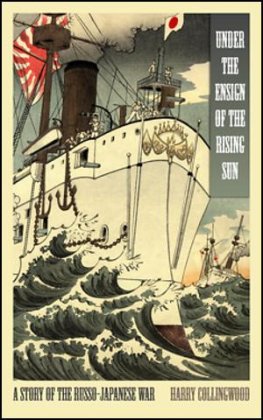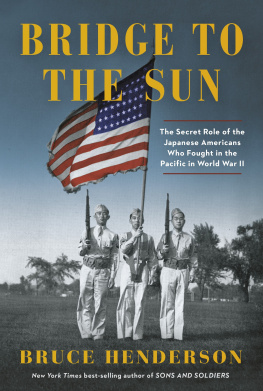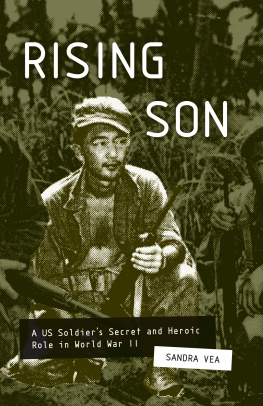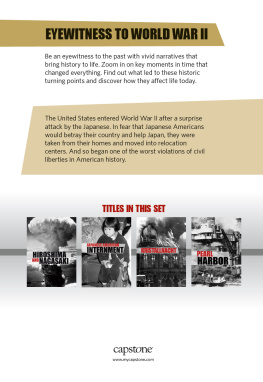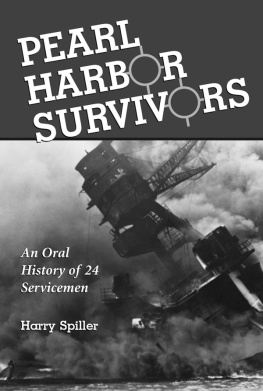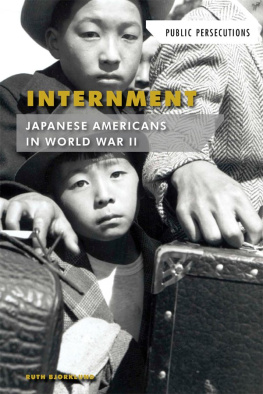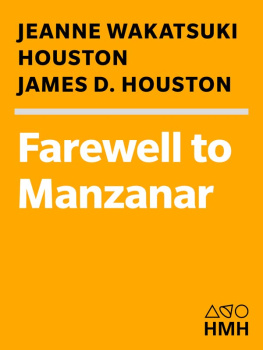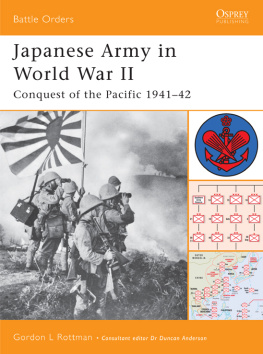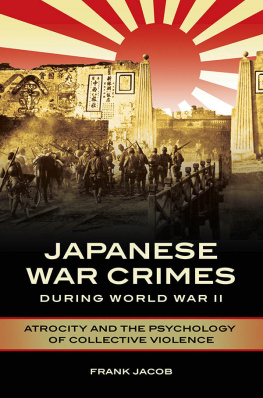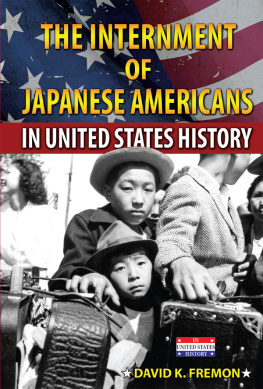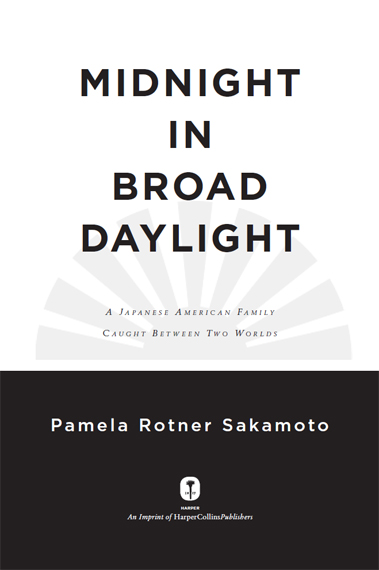Fukuhara Frank - Midnight in broad daylight : a Japanese American family caught between two worlds
Here you can read online Fukuhara Frank - Midnight in broad daylight : a Japanese American family caught between two worlds full text of the book (entire story) in english for free. Download pdf and epub, get meaning, cover and reviews about this ebook. City: Ja, year: 2017, publisher: HarperCollins;Harper Perennial, genre: Non-fiction. Description of the work, (preface) as well as reviews are available. Best literature library LitArk.com created for fans of good reading and offers a wide selection of genres:
Romance novel
Science fiction
Adventure
Detective
Science
History
Home and family
Prose
Art
Politics
Computer
Non-fiction
Religion
Business
Children
Humor
Choose a favorite category and find really read worthwhile books. Enjoy immersion in the world of imagination, feel the emotions of the characters or learn something new for yourself, make an fascinating discovery.
- Book:Midnight in broad daylight : a Japanese American family caught between two worlds
- Author:
- Publisher:HarperCollins;Harper Perennial
- Genre:
- Year:2017
- City:Ja
- Rating:3 / 5
- Favourites:Add to favourites
- Your mark:
Midnight in broad daylight : a Japanese American family caught between two worlds: summary, description and annotation
We offer to read an annotation, description, summary or preface (depends on what the author of the book "Midnight in broad daylight : a Japanese American family caught between two worlds" wrote himself). If you haven't found the necessary information about the book — write in the comments, we will try to find it.
Meticulously researched and beautifully written, the true story of a Japanese American family that found itself on opposite sides during World War IIan epic tale of family, separation, divided loyalties, love, reconciliation, loss, and redemptionthis is a riveting chronicle of U.S.Japan relations and the Japanese experience in America.
After their fathers death, Harry, Frank, and Pierce Fukuharaall born and raised in the Pacific Northwestmoved to Hiroshima, their mothers ancestral home. Eager to go back to America, Harry returned in the late 1930s. Then came Pearl Harbor. Harry was sent to an internment camp until a call came for Japanese translators and he dutifully volunteered to serve his country. Back in Hiroshima, his brothers Frank and Pierce became soldiers in the Japanese Imperial Army.
As the war raged on, Harry, one of the finest bilingual interpreters in the United States Army, island-hopped across the Pacific, moving ever closer to the enemyand to his younger brothers. But before the Fukuharas would have to face each other in battle, the U.S. detonated the atomic bomb over Hiroshima, gravely injuring tens of thousands of civilians, including members of their family.
Alternating between the American and Japanese perspectives, Midnight in Broad Daylight captures the uncertainty and intensity of those charged with the fighting as well as the deteriorating home front of Hiroshimaas never told before in Englishand provides a fresh look at the dropping of the first atomic bomb. Intimate and evocative, it is an indelible portrait of a resilient family, a scathing examination of racism and xenophobia, an homage to the tremendous Japanese American contribution to the American war effort, and an invaluable addition to the historical record of this extraordinary time.
Fukuhara Frank: author's other books
Who wrote Midnight in broad daylight : a Japanese American family caught between two worlds? Find out the surname, the name of the author of the book and a list of all author's works by series.

